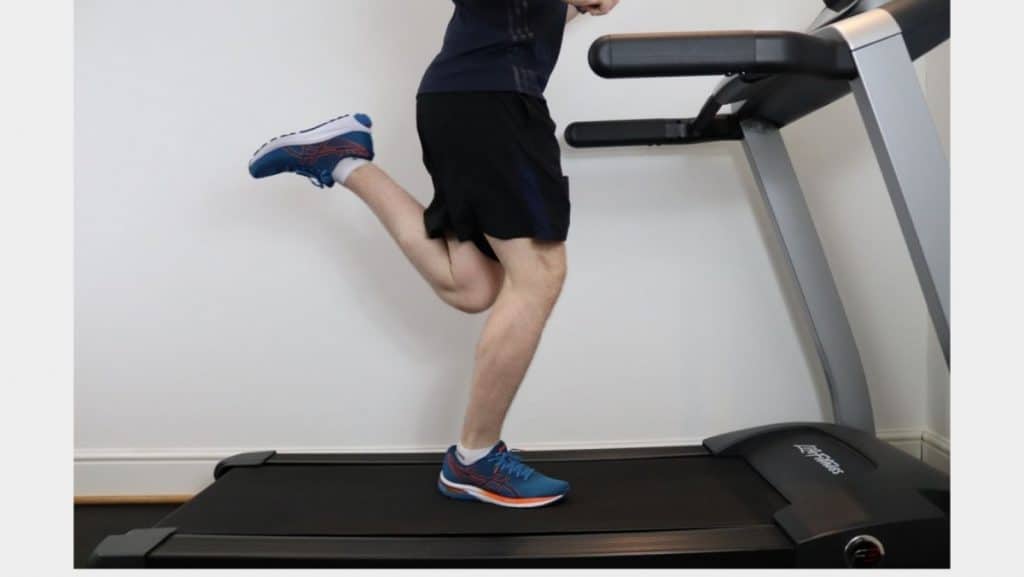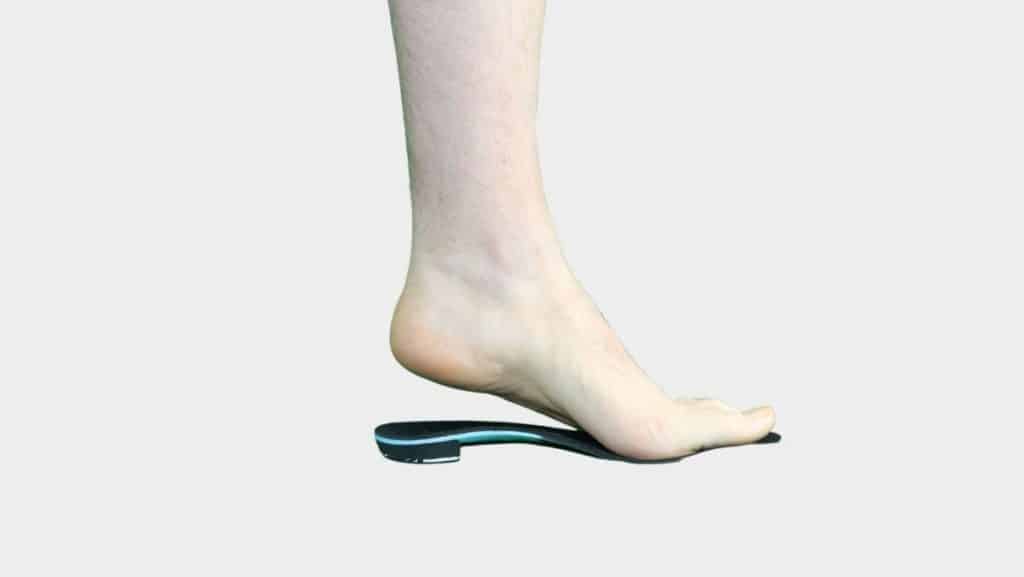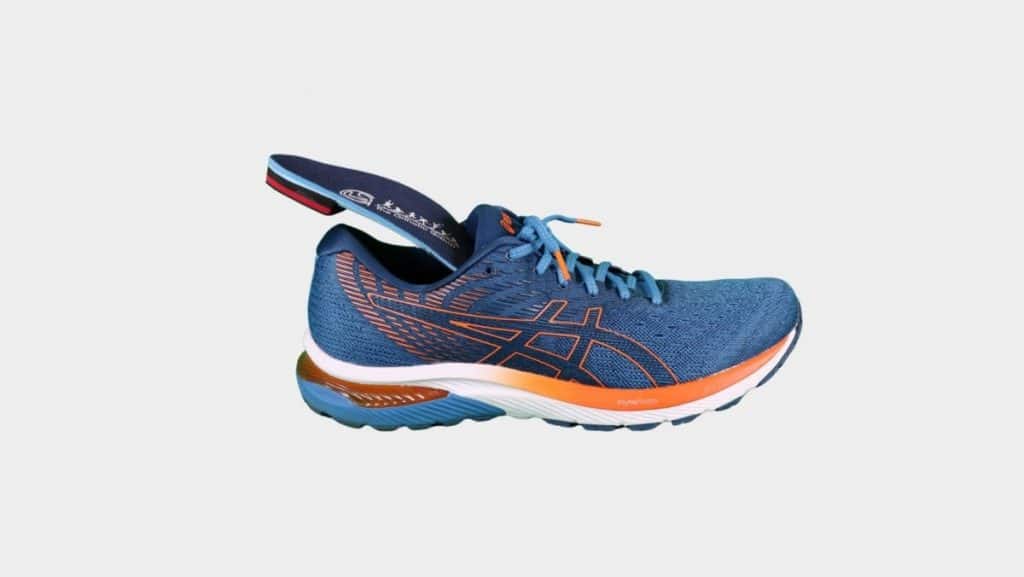How Do I know if I Need Orthotics for Running?
- Best Asics Shoes for Flat Feet - October 25, 2024
- Best Running Shoes for Flat Feet - October 22, 2024
- Posterior Tibial Tendonitis - October 21, 2024
Orthotics are a form of shoe inserts that can be custom-made, and some orthotics are prefabricated. Their use ranges from providing additional comfort and cushioning to your shoes to influencing your biomechanics.
If you are running and getting foot or knee pain, you might need orthotics. Orthotics have been proven effective in treating common running conditions such as Plantar Fasciitis, Runner’s Knee, Shin Splints, and IT Band Syndrome.

If you have any pain when running, it is recommended that you see a Running Specialist, such as a Sports Physiotherapist, for a Running Gait Analysis. Using slow-motion video analysis, a therapist can identify biomechanical traits contributing to overuse running injuries that may benefit from orthotics. Factors that may cause these running injuries are overstriding, overpronation, low cadence, and scissoring.
A sports physio can then discuss if you would benefit from custom orthotics for running and if they would alter his biomechanics and improve his pain.
Are orthotics bad for your feet?
There is no evidence to suggest that orthotics are bad for your feet. Some clinicians argue that using orthotics can weaken your foot muscles, but no evidence supports this. These suspicions are based on the belief that an orthotic provides additional support to the feet, and as a result, the feet’ muscles don’t have to work as hard as they would without and, therefore, weaken over time.
If a custom orthotic provides the correct support, it should be sufficient to influence the biomechanics and not weaken the feet. When too much support is provided, it can lead to pain elsewhere, such as in the knee, hip and back. As a result, it’s important to see a foot specialist for a biomechanical gait analysis.

What type of running shoe is best for orthotics?
A neutral running shoe with a firm sole is best for orthotics. A neutral trainer with a flat, level sole and an orthotic with an angle of support is then placed on top of this, whereas a support trainer has an angled sole, which can compromise the level of support from the orthotics. We recommend avoiding cushioned running shoes for orthotics as when your body weight can cause the orthotic to sink into the shoe’s sole, losing its benefit.

How to wear orthotics in Running Shoes?
When wearing orthotics in running shoes, you should remove the inner soles from the running trainer and replace them with the orthotics.
In most cases, the inner sole slips out easily and some are stuck to the shoe’s base with a little glue, but they can be easily peeled off.
What are the best Running Orthotics for Plantar Fasciitis?
Custom Semi-rigid orthotics are the best type of running orthotics for Plantar Fasciitis. A study by Gross et al, 2002. they demonstrated that custom orthotics were beneficial for reducing pain levels and increasing the function levels of those with Plantar Fasciitis.
At Flawless Orthotics, we create custom orthotics for runners with Plantar Fasciitis. They can be designed to fit any foot shape or trainer and are best used alongside a rehabilitation protocol for Plantar Fasciitis.
_______________________________________________________________________
We are specialists in treating foot conditions, and you can see one of our Foot and Ankle Specialists in our clinic in Fulham, South West London.
Related Articles
Foot Pain Chart – Shin Splints or Stress Fracture? – Midfoot Sprains
Feel Good, Move Well, Be Better
